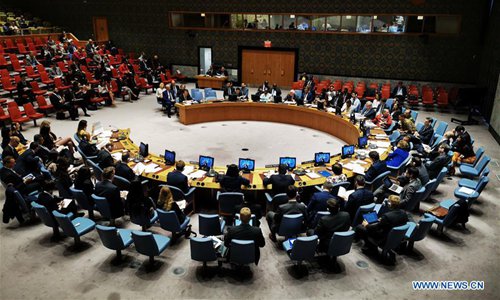
“In the absence of a genuine and necessary process of engagement between the parties to this conflict, the situation does not simply remain tenuous, but can slide backward,” said Tanin, the UN secretary-general’s special representative and head of the UN Interim Administration Mission in Kosovo. “Often it has done so.”
The situation in Kosovo, and the relations between Belgrade and Pristina, are again at a fragile moment, he told the Security Council in a briefing.
Productive engagements between Belgrade and Pristina have been missing since fall 2018, Tanin noted.
The imposition of a 100-percent import tariff on Serbian and Bosnian goods by Pristina in November 2018 continues, despite a near-unanimous call by the international community for its removal, he said.
Belgrade’s position is that lifting the import tariffs is a minimum condition for resuming talks under the EU-facilitated format. Pristina leaders have also set out public conditions, though not always with unity of voice, and while a Pristina negotiating team has been created, its full responsibilities await clarification, said the UN envoy.
In such a circumstance, leaders from all sides must exercise their responsibility of steering this complex situation clear of any serious escalations, he said. “Engagement in good faith, without threats and ultimatums, is necessary for re-establishing the conditions for the resumption and continuation of political dialogue.”
He called on the parties to do their part and assume responsibilities for delivering on the objectives of normalization and helping to bring not only more lasting stability, but growing prosperity, to this region.
At the end of the Kosovo War in 1999, Kosovo, a Serbian province dominated by ethnic Albanians, was placed under transitional UN administration by the Security Council. It declared independence from Serbia in February 2008. Kosovo’s independence is partially recognized by the international community.

